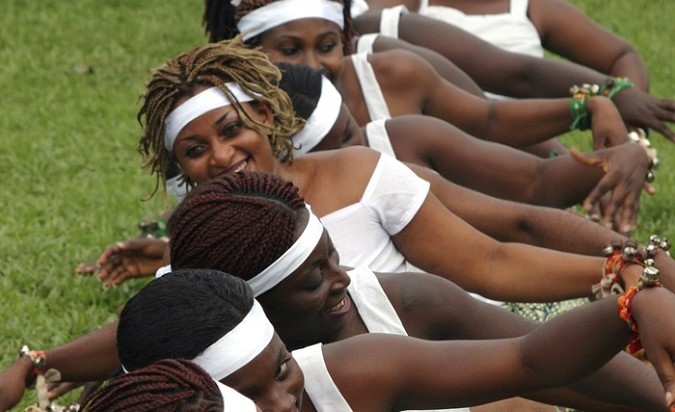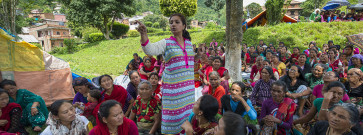In Defense of Traditional Philanthropy as “Effective Altruism” Looms
Published on: September 23, 2015

In Africa, as elsewhere, “traditional” giving has taken something of a bashing since the launch of the effective altruism, a.k.a. strategic giving, movement—what Kayode Samuel calls “strategic philanthropy that delivers large-scale impact in a sustainable context.” Like many effective altruism adherents, Samuel pushes hard for streamlining philanthropy in Nigeria through the creation and consolidation of foundations, mainly corporate, to invest in social transformation by addressing local realities and providing support to development initiatives.
While there is a place for this kind of giving and social investment, Samuel and other proponents of strategic philanthropy do not give enough credit to so-called “traditional” philanthropy, which is not always giving for its own sake but does fulfill serious economic and emotional needs. A case in point is the practice among the Igbo people of Eastern Nigeria wherein wealthy individuals train selected apprentices in trade and other crafts and set them up in business once they attain the required level of proficiency. In addition to providing economic empowerment, this kind of philanthropy enhances awareness of people’s interconnectedness and upholds values of community, sharing, and reciprocity by encouraging beneficiaries to pay forward the kindness that they have received. Through this practice, hundreds of young men and women have become self-reliant members of society who might not ordinarily qualify for strategic assistance from philanthropic foundations.
Nigeria (about which Samuel writes), like the rest of Africa, has a long, embedded history of giving. The foundations that form the vanguard of its public philanthropy today are merely reflections of, and coexist with, more ancient, communal forms of philanthropy like age grades and other community organizations. Foundations arguably have more money at their disposal than their antecedents, but there are important reasons why they should not be favored over traditional giving.
- As Samuel rightly points out, many of these foundations are based in and focused on Southwest Nigeria, which automatically limits access to their services by people from other parts of the country.
- Almost all foundations are offshoots of corporate bodies with specific interests like basic service provision and entrepreneurship development. Again, this limits access to beneficiaries who share these interests and meet the criteria for support.
- The very fact of approaching situations of need looking to make large-scale impact, occasioned by the business logic of maximizing efficiency while reducing loss, is a further barrier to foundations helping society’s most vulnerable.
- Because foundations are organizations with policies and procedures that must be upheld, they are far less flexible than the average man or woman giving to persons in need. The sophisticated business machinery of large foundations can substitute humanity for efficiency. Systematization, while sometimes necessary, is not always helpful.
- Traditional giving is not the preserve of “flamboyant moneybags,” as Samuel calls them; giving and sharing are a part of daily life for ordinary men and women throughout Nigeria.
- There is just not enough publicly accessible knowledge on the scale and practice of traditional philanthropy to allude that it is not sufficiently strategic or transformational, both relative terms.
In my view, social transformation ought to be a joint effort. Just as there are different needs, there are different ways to meet them. If more individuals would do more (good) consistently, there would be less work for foundations. The more people give, the more people will be helped, resulting in farther and deeper overall transformation.—Titilope Ajayi-Mamattah
Story From: Washington Post






